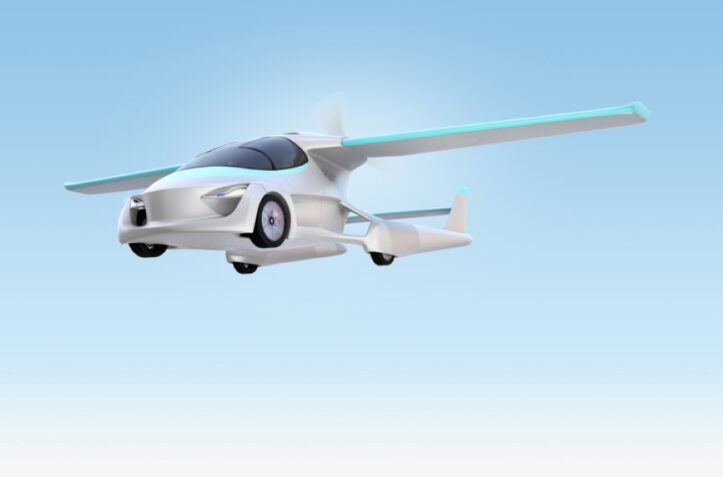
FAA Clears First Flying Car – Meet The Florida-Based Company That Could Have The Second
Electronic cars had just entered the market and made a mark among the masses as a sustainable alternative to traditional cars. And while the craze of electronic cars is yet to sink in, we already have a new entrant in the automobile sector – flying cars! Auto industries didn’t stop innovating in e-vehicles. Why stop when the sky’s the limit?
The next question is – how soon can we expect these cars in the market? Well, with the pace things are moving at, in no time! The FAA (Federal Aviation Administration) has cleared the world’s first car for test fly routines. The first flying car was developed by Alef Aeronautics, a California-based startup. The startup has been conceptualizing and perfecting the design of the car since 2015. In 2019, it finally flew a prototype of the car to acquire higher funding for it. The 2019 demonstration was short but managed to secure funding of around $3 mullion. The biggest chunk of this investment was pitched in by Elon Musk, the founder of SpaceX.
Last week, Alef Aeronautics announced that their Model A flying car has received the Special Airworthiness Certificate from the FAA. And, of course, it’s the first flying car in the world to receive this certification. The ‘flying’ vehicle is designed to be fully functional on roads and features large wings and propellors that fold in and out as required. The company further added that users of the flying vehicle would need to have a private pilot’s license to operate the vehicle.
Apart from the pilot, the car can accommodate three more passengers. The car is designed to run on the road for the first and last mile and is programmed to fly in the air for the rest of the commute.
Once the car receives clearance for compliance with National Highway and Traffic Safety Standards, it will be granted legal permission to complete a test drive and flight. Maki Kaplinsky, Chairman & COO of ASKA, shared her excitement to continue in the certification process, “We are very excited that we are doing the flight tests. We are gathering the data and making good progress for the next milestone of our type certification, which is G-1.”
Besides Alef Aeronautics, many other startups are eyeing the air mobility market. The sector has been gaining a lot of attention from investors across the world, and the market is expected to be worth $1 trillion in less than two decades. Florida-based Doroni Aerospace too, is in the race to launch its first flying car model. They have completed 50 test flights of the electric Vertical Takeoff and Landing (eVTOL) in its private facilities. Initially, Doroni Aerospace secured funding of $3.5 million via crowdfunding, and today, it has almost $3.8 million in funding.
Joby Aviation and Archer Aviation (based in California), and Jaunt Air Mobility (based in Texas) are some other companies on the verge of making a mark in the urban air mobility sector.
Coming to the main question – are flying cars safe? Well, there’s still a long way to go before flying cars receive complete certification from the FAA. Vance Hilderman, an expert on aviation safety, stated, “Everyone’s got to follow the same rules as Airbus and Boeing, although they’re lower on that rigor scale, with less complexity, they still have to follow all the same rules. There’s no certificate awarded to allow paying passengers until they’ve shown that they’ve met those tens of thousands of rules, so we can be pretty safe.”
Both Alef and Doroni expect to launch their flying car models commercially by 2025. As of now, interested customers can pre-order the car (Alef at $299,999 and Doronoi priced between $250,000 and $300,000). For more details about rules and regulations about flying cars, feel free to contact a Fort Walton Beach Car Accident Attorney.


